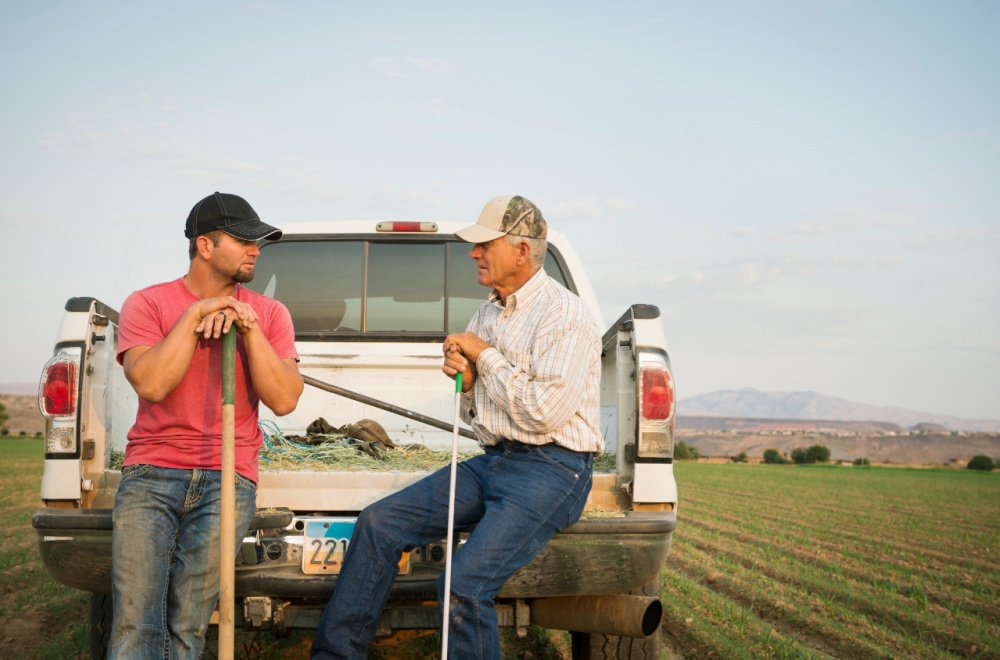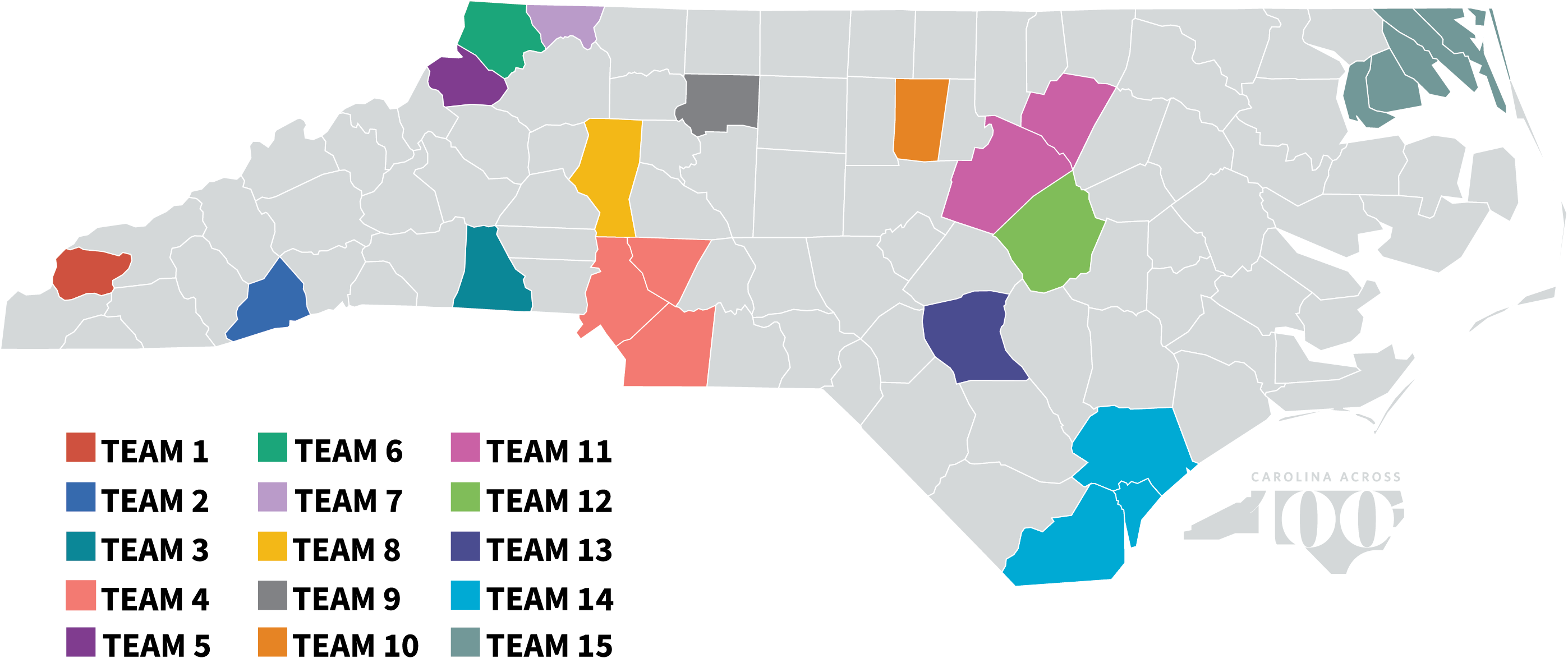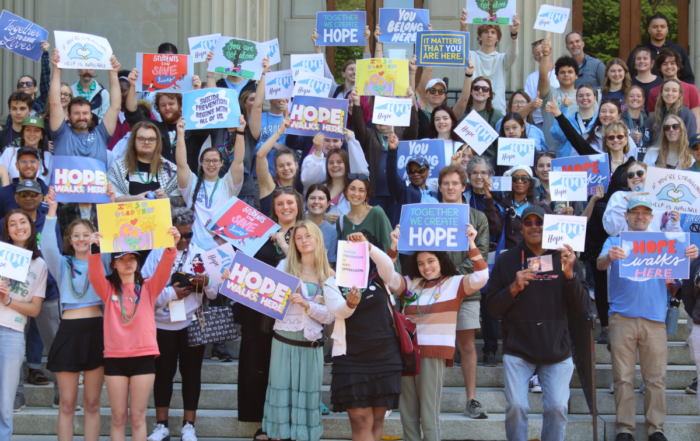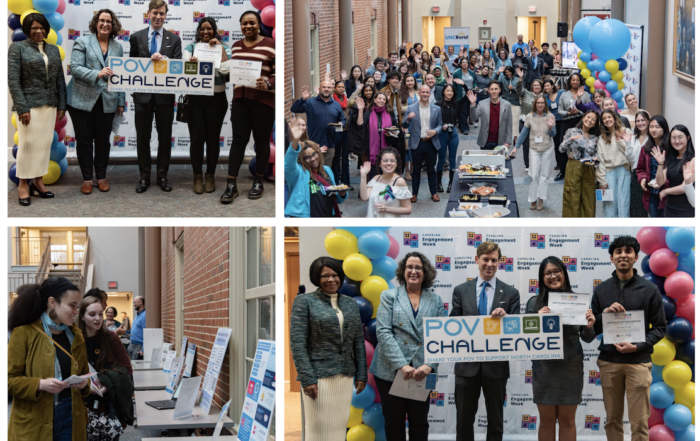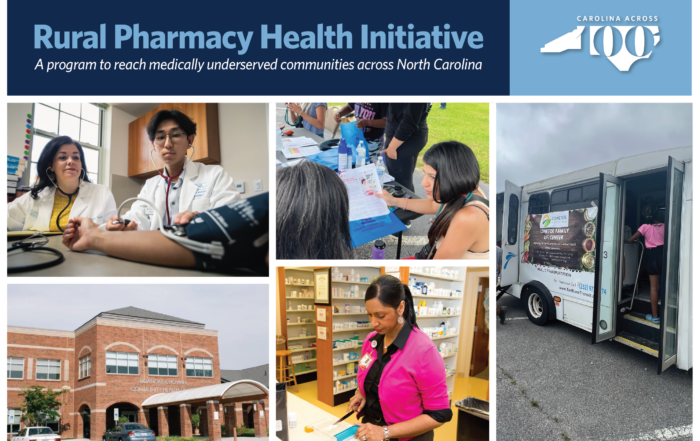Health
Suicide Prevention: A Call to Action for NC’s Rural Communities
September 14, 2023
At UNC Rural, our vision is to support community-campus partnerships to advance the well-being of North Carolina’s rural communities. As such, we are committed to supporting Carolina Across 100 and the UNC Suicide Prevention Institute’s emerging initiative, Our State, Our Wellbeing: Partnering to Prevent Suicide in NC.
The Our State, Our Wellbeing program comes at a time of tremendous need. It is not hyperbole to say that we are in a time of crisis regarding mental health in our state. Over the past 20 years, rates of suicide have increased dramatically in North Carolina and the COVID-19 pandemic only exacerbated challenges with mental health and increased risks of suicide in communities, with disruption to people’s lives and routines, as well as increased feelings of disconnection and isolation.
The unfortunate reality is clear: mental health is a severe problem that reaches every corner of North Carolina. The state’s rural communities are no exception.
The Mental Health Crisis in Rural North Carolina
North Carolina is experiencing a growing suicide and mental health crisis. While the problem grows so does the need for access to services that best support North Carolina’s diverse population. Meanwhile, larger factors related to a changing economy, the COVID-19 pandemic’s effects, growing (or shrinking in some rural areas) populations, historical and ongoing inequities, and more all impact the viability of potential solutions moving forward. In other words, there are myriad of factors and barriers to consider as we consider ways to support peoples’ mental health.
This is especially true in many rural communities where lack of transportation, job loss, and poor broadband connectivity can lead to greater social isolation and reduced access to needed services.
Given rural communities’ many challenges, you may not be surprised that North Carolina’s rural residents had a suicide rate 1.2 times higher than their urban counterparts in 2020. Moreover, rural residents have 1.5 times higher rate of emergency department visits for nonfatal self-harm than urban residents nationally. In North Carolina, over 65% of rural suicides involve firearms compared to 58% in urban areas. While 80% of rural suicides victims in North Carolina are males, the “rates of suicide among rural female victims was 3.8 times higher than urban female victims” showing yet another troubling rural trend. Non-Hispanic Whites have the highest rates of suicide in rural areas, followed by Non-Hispanic American Indians. Of course, all ages, ethnicities, and races are impacted, and numbers like these only strengthen the case for finding solutions and implementing needed programs earlier rather than later.
Unfortunately, mental health treatment is often less accessible in rural areas than in urban ones. Individuals and families in rural areas face few options and have limited access to mental health professionals and adequate services. Too often, our jails or emergency rooms serve as a de facto mental health system for those in crisis when other supports are unavailable. That is why rural sheriffs and other law enforcement officials have become some of the biggest champions for increasing access to mental health services in their communities.
This data and the growing support of rural community leaders reinforce what we already know: we can and must take action to improve outcomes for rural North Carolina and all of North Carolina. The Our State, Our Wellbeing initiative is a step in the right direction.
Valuing Rural Voices and Assets
A guiding philosophy at UNC Rural is that the best solutions come from those most impacted by the issues: those living in rural communities. Combining community members’ experiences and best ideas with the resources and knowledge of community-engaged scholars creates a formula for lasting partnership and success.
Rural communities, like any other, are not monoliths, and our experience has shown that what may be effective in one place (or even among distinct groups in a single “community”) might play out quite differently in another. The Our State, Our Wellbeing program is a powerful community-academic partnership that will provide participants from rural, suburban, and urban areas with tangible resources and the autonomy needed to build community-centered solutions and achieve the goal of decreased suicide and better mental health outcomes.
At the same time, it is important to remember that strengths that already exist in rural communities are instrumental in creating better mental health outcomes. Assets like innovation, creativity, and adaptation; community social capital and close-knit communities; growing diversity through immigration; and connectedness to nature and natural resources are all key factors and can be leveraged when seeking solutions.
UNC Rural is proud to work collaboratively with community leaders, Carolina Across 100, UNC Suicide Prevention Institute, and others to prevent suicides in North Carolina. Rural community-academic partnerships are vital to finding workable and sustainable solutions. The majority of the 24 counties represented in the Our State, Our Wellbeing initiative are rural counties. This is both appropriate and encouraging given current rural disparities and the scope of this growing crisis. From Robbinsville to Rabbit Corner, locally created plans and resources are being built to help prevent suicide and improve mental health outcomes. UNC Rural is proud to be a partner along the way.
Dr. Jada L. Brooks is an Associate Professor and Ross Distinguished Scholar at the UNC School of Nursing and co-director of UNC Rural. Adam Sotak, MSW is the Associate Director for UNC Rural.
Carolina Across 100 is a five-year initiative charged by Chancellor Guskiewicz and housed at the School of Government’s ncIMPACT Initiative. This pan-University effort, guided by the Carolina Engagement Council, will form meaningful partnerships with communities in all 100 North Carolina counties to respond to challenges stemming from or exacerbated by COVID-19.


